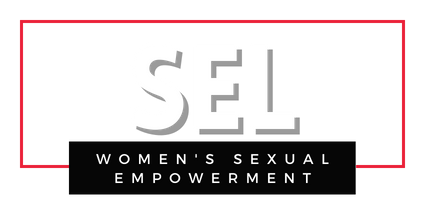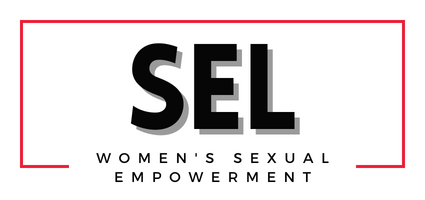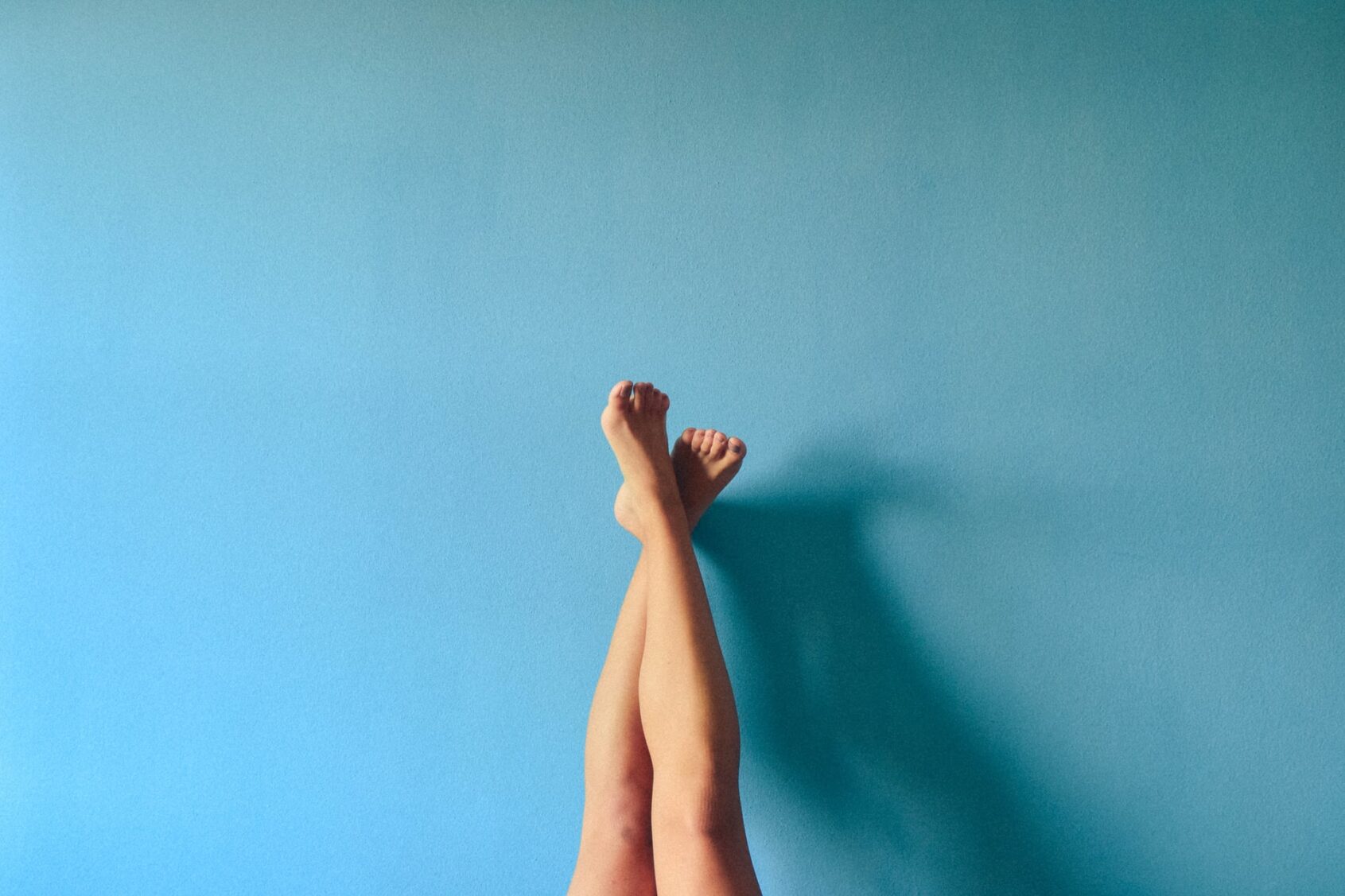Navigating women’s health through self-exploration and education
“You can only get pregnant during ovulation,” my friend stated defiantly.
At this point in the debate, however, my other friend who insisted it is possible for a woman to conceive even when she isn’t ovulating could not be swayed. Her best case in point was, after all, her own ‘surprise’ existence.
Meanwhile, I sat on the other side of the couch, feeling unsure of the answer myself, and listening as my friends underwent a rather thorough analysis of the female reproductive system.
To tell you the truth, I’d never given much thought to what is happening in my body during my menstrual cycle before this. The focus has always been on the arrival of my period, even from an early age. I’m embarrassed to admit this, but if I’m being really honest, I’m not sure I even fully understand what ovulation is. It’s when the egg is released, right? But exactly how does that work?
This feels like something I should know, as if being a woman means I possess some kind of inherent knowledge. But rather, this conversation got me thinking, what else don’t I know about my body?
Where Do I Begin?
The challenge isn’t so much a lack of information (hello internet). Rather, there’s almost too much information to sort through. I’ve been down enough anxiety-inducing rabbit holes to know that Google is not my friend when it comes to seeking answers to medical questions. So, in trying to find trustworthy resources on women’s health the question becomes, where do I start?
I decided to pose this question to one of the female-focused subreddits I follow and was pleased with the responses I received. Some suggested books like the celebrated Our Bodies, Ourselves. Others said they typically look to blogs, government websites and Planned Parenthood (another reason PP shouldn’t be defunded). Some also suggested doctors who post videos on YouTube and TikTok while others said the subreddit itself is a place where they seek information from those with similar experiences.
Reading these responses, I began to think about how the exchange of information and experience between women has been a significant part of how women have learned about themselves for decades. After all, it did fuel a whole movement. And years later, the mediums have changed but it seems the process has largely stayed the same.
In some sense, maybe this isn’t necessarily a bad thing – a textbook-taught class can’t compare to real life experience. However, that doesn’t excuse the fact that female reproductive health is largely left out of formal education in the U.S. Unpacking all the issues with this will take another article or two so I’ll just leave it at this – only 18 states require sex education to be medically accurate. What are the hundreds of students in the other 32 states being taught, if anything at all?

The Lasting Effect of Limited Education
From an early age, women are taught that it’s normal for our bodies to cause us pain. It’s the price we pay for being able to bring life into the world. But we shouldn’t talk about our period cramps or menstruation. That message from my teachers was clear. They didn’t have to show us how to slide tampons up our sleeves when no one was looking. The shame was inherent.
The impact of this does not end with adolescence. It creates a veil of silence around women’s issues. It’s why I still struggle to name the parts of my body when talking to my doctor, let alone to a partner in the bedroom. Not only that but there are dozens of women with stories about being misdiagnosed or told nothing can be done when struggling with issues like endometriosis.
For me personally, I think back to when I was sixteen and dropped to the floor one morning, clutching my abdomen in excruciating pain. My parents thought it was appendicitis but the sharp, stabbing pain subsided once we arrived at the hospital. I spent the day lying in a bed while doctors performed test after test. It wasn’t until hours later that they determined I had an ovarian cyst. I don’t mean to criticize the healthcare workers, but I wonder now why it took so long to figure out what was wrong with me. Why was this among the last things they looked for?
I hope that greater awareness is helping more women get the health care and treatment they deserve, but in some sense, it still feels like it’s often left up to us to solve our own problems. When it comes to women’s health, we must not only expand education but also work to dismantle the misguided beliefs society continues to perpetuate about our bodies.
Expanding the Story of Women’s Health
There have been dozens of studies on the relationship between education and health. But I wouldn’t say that better health is necessarily the driving factor behind why I want to learn more about my body. Rather, I think it’s partly that I’m tired of the anxiety that not knowing often incites. But maybe even more than that, I’m over believing in the bullshit myths and misconceptions that have been regurgitated so many times and in so many ways I can’t remember where they came from.
Considering all of this, I’ve decided it’s time that I take control and begin to educate myself. Not only to learn more about my reproductive system, but as to better understand my health more holistically. After all, there is more to us and our bodies than our sex organs.
There is a lot more that I could write on this topic. A lot more questions I could ask. While writing this I also remind myself that despite the frustration I feel, as a cisgender white women living in a developed nation, I have many privileges and advantages that others do not. There are many who face much greater systematic barriers to obtaining quality healthcare and education. My story is only one small piece of the larger story we need to be telling about women’s health.
RELATED CONTENT




